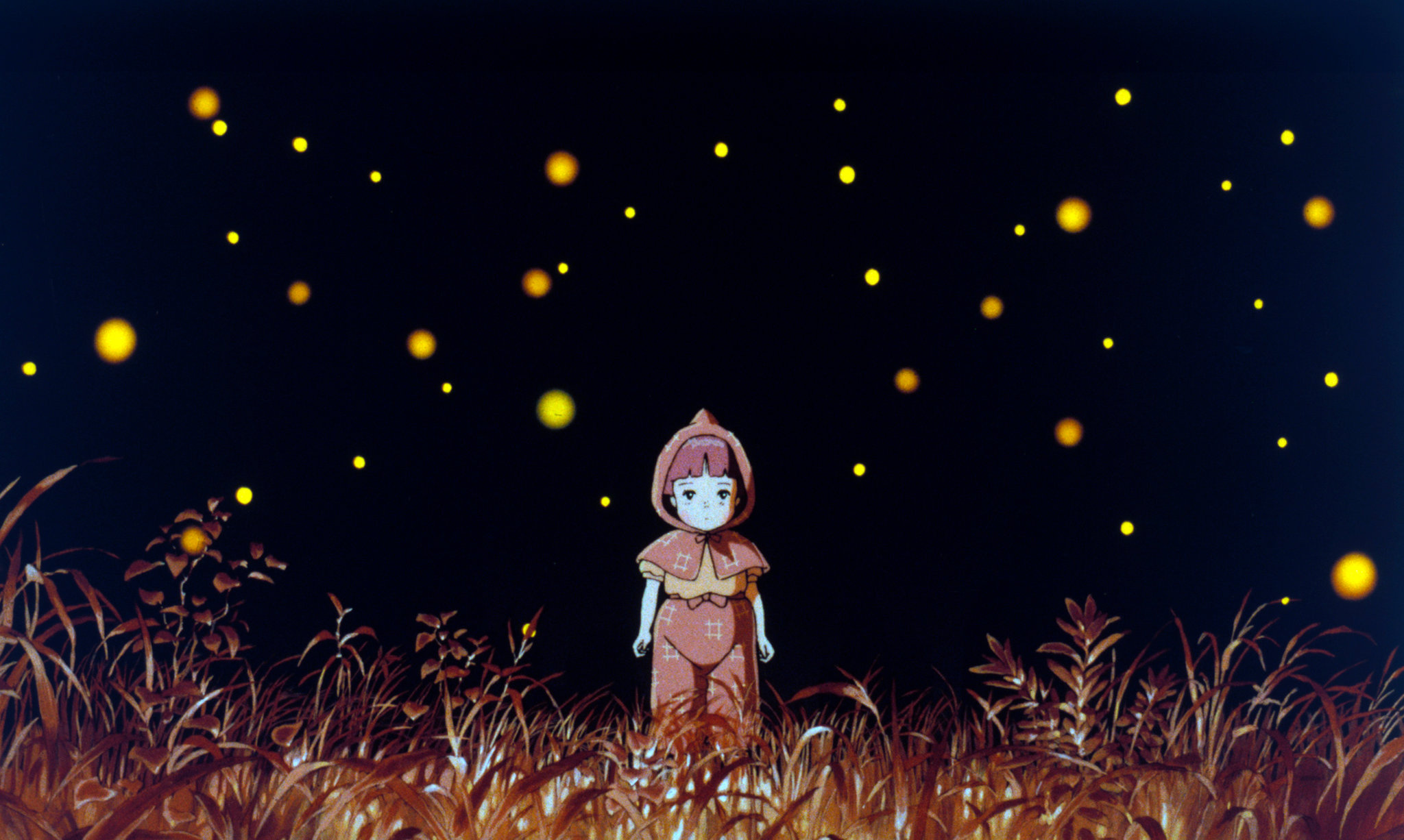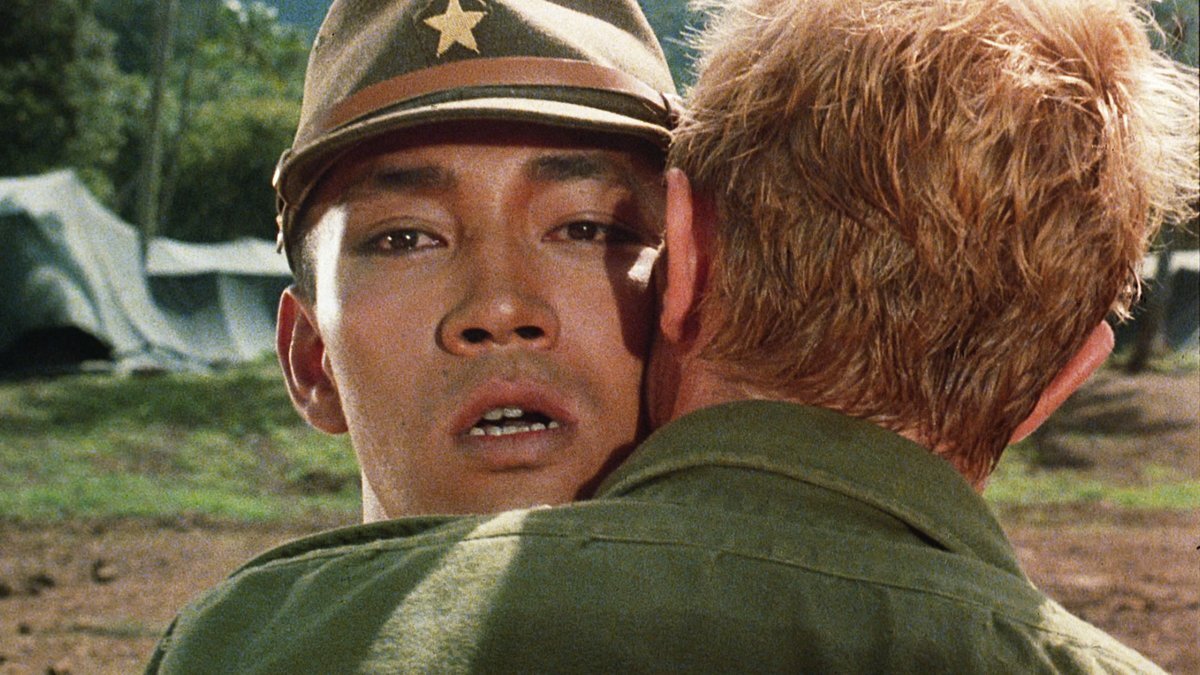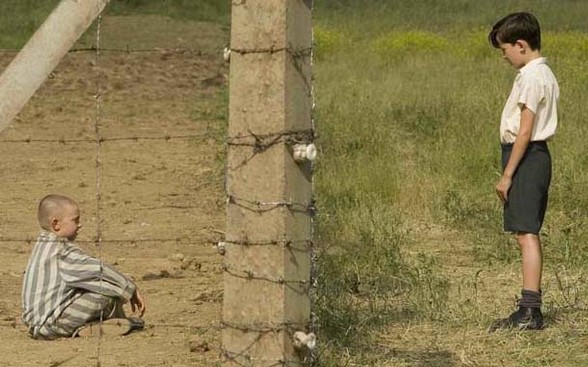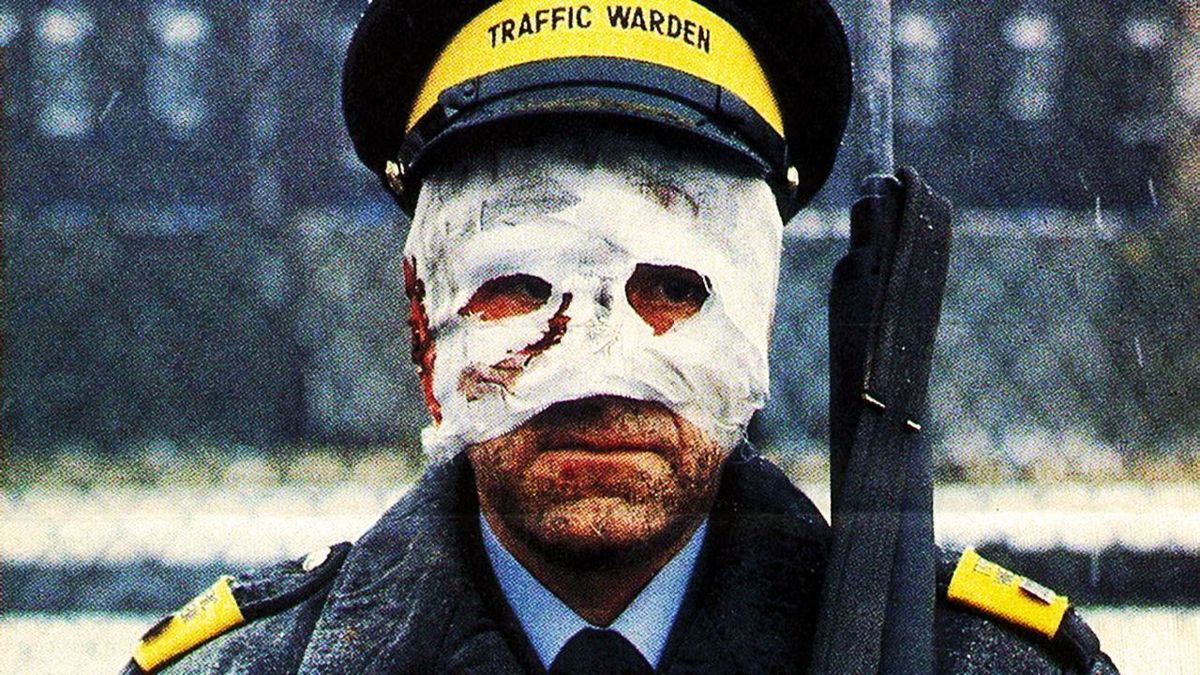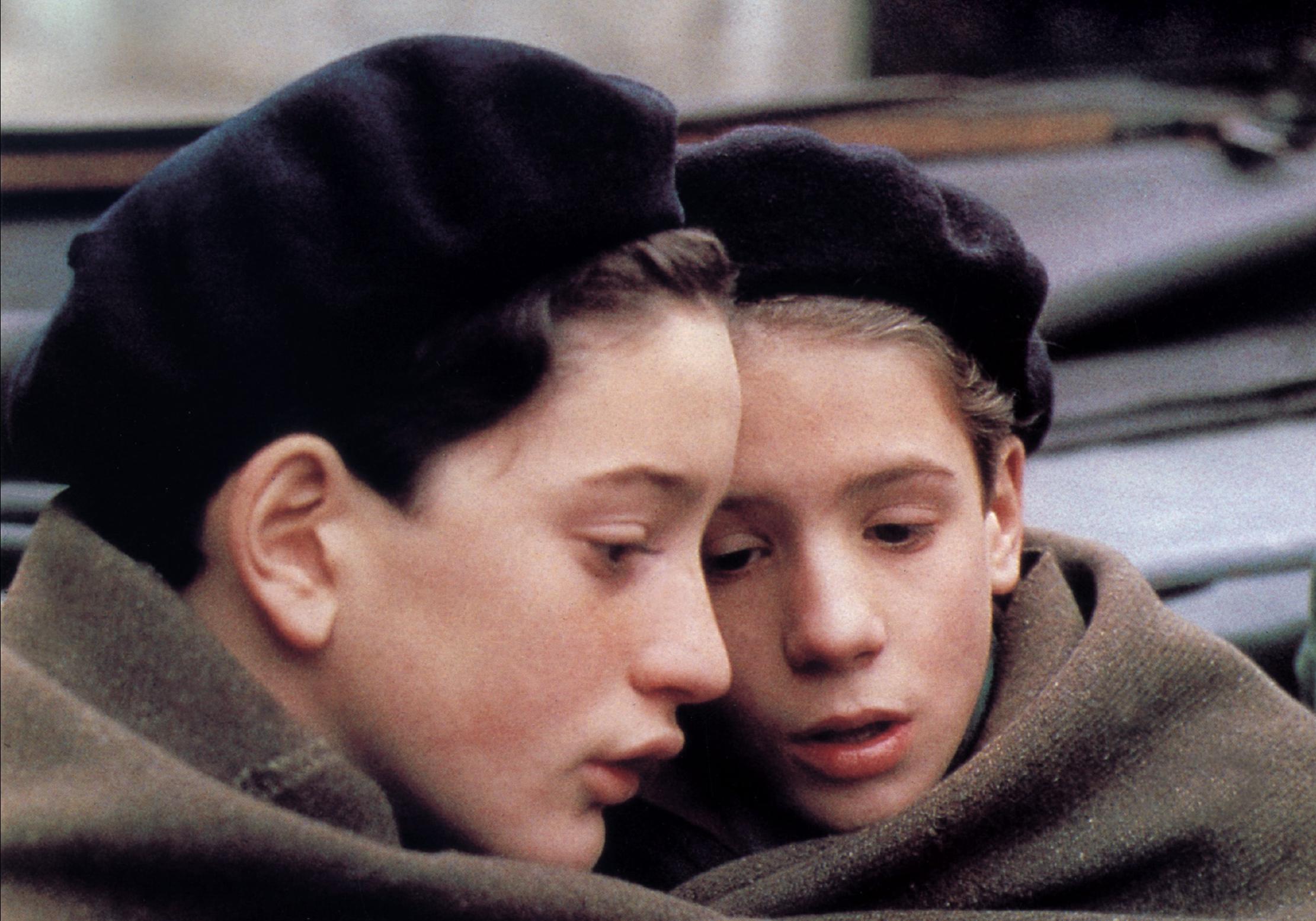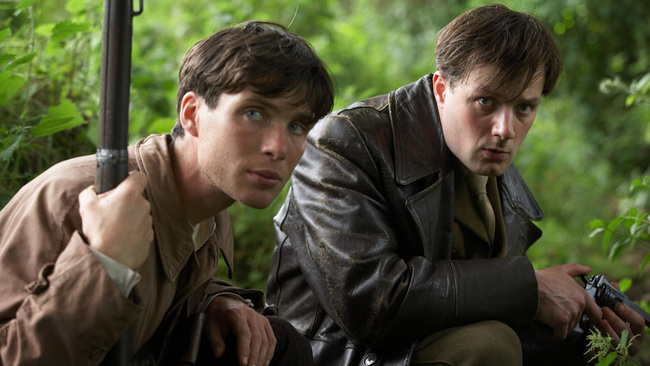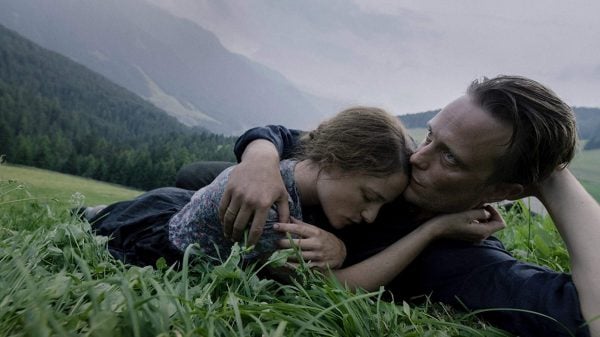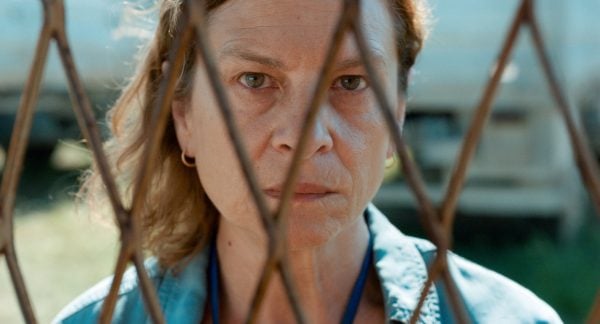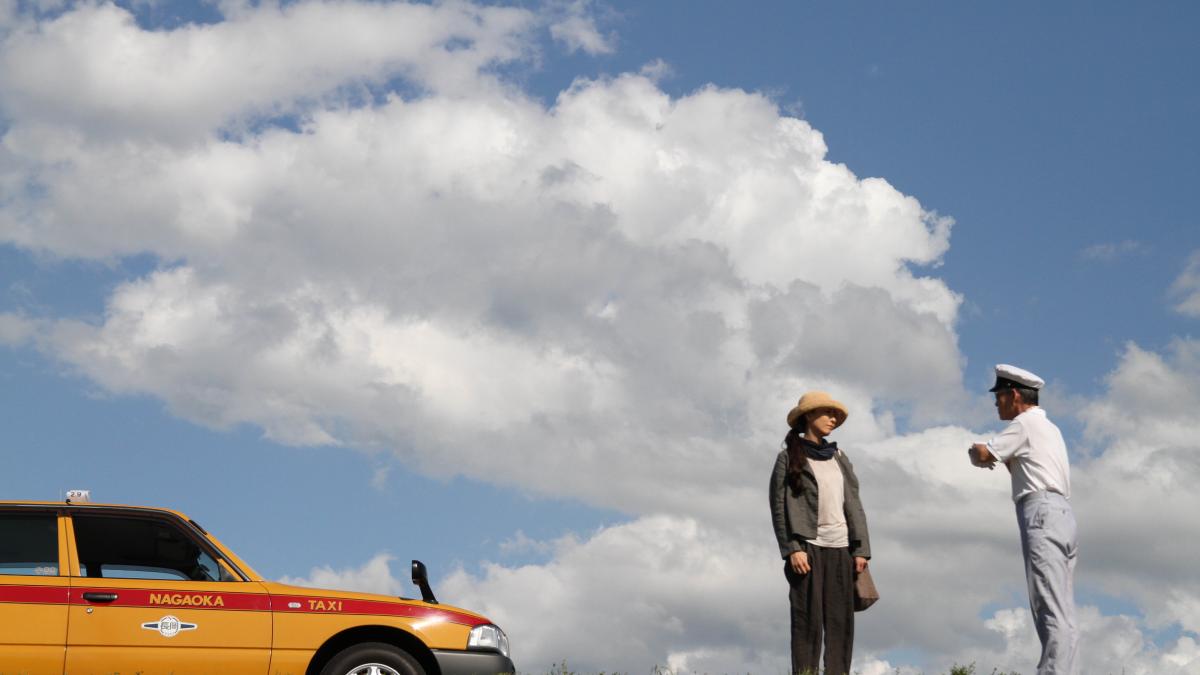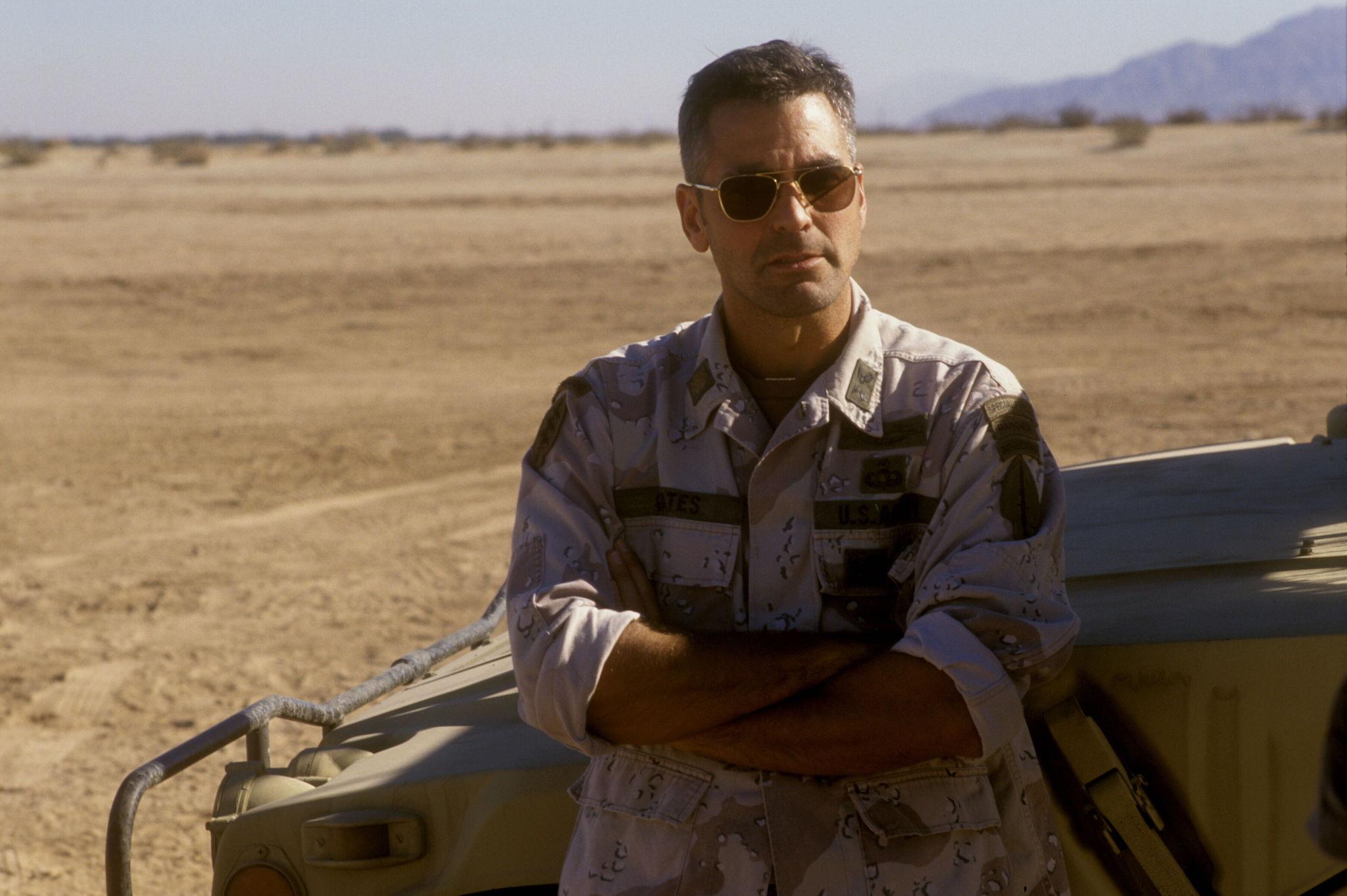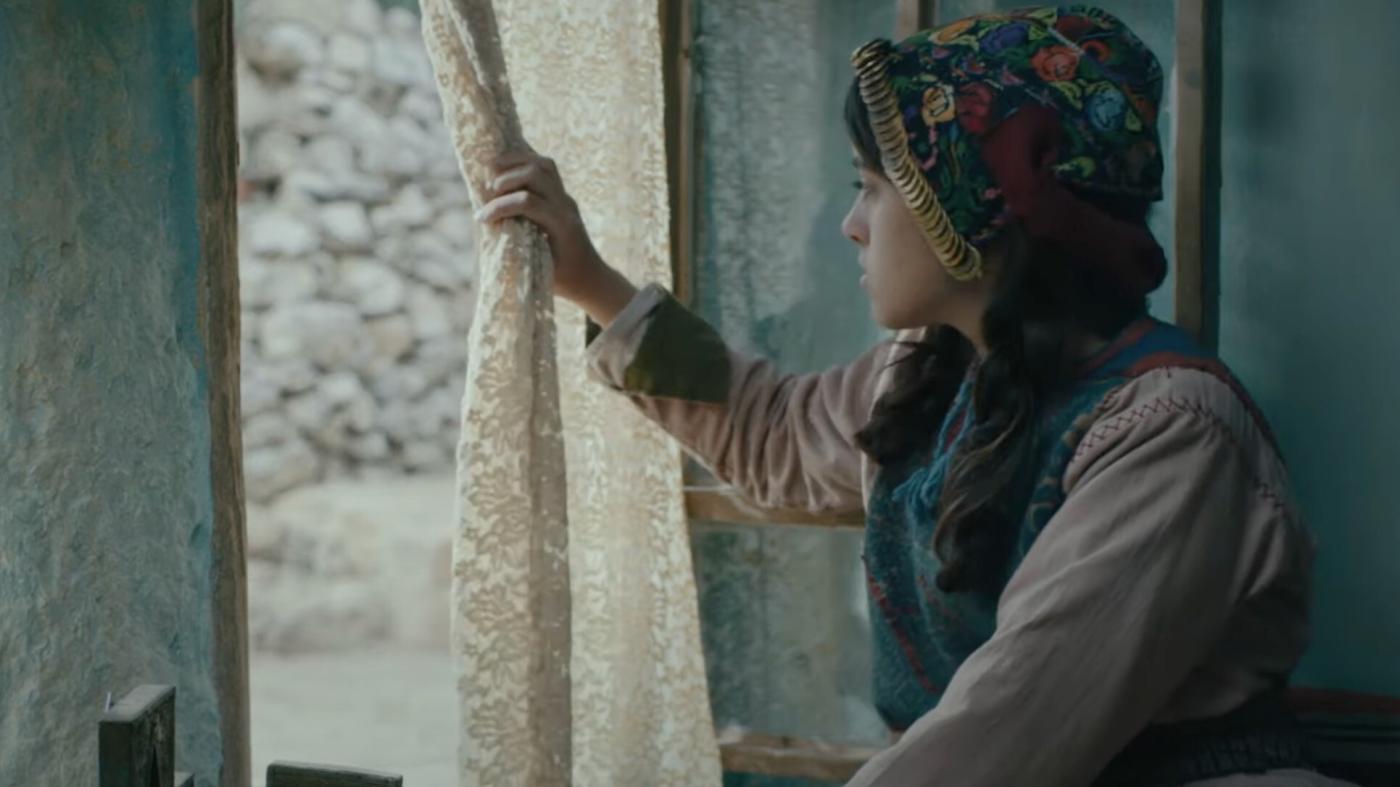
The 30 Best War Films You Can Watch Right Now
April 8, 2025
Share:
Whether it’s World War II remains one of the most significant and poignant chapters in human history or the wars of today, these films bring their impact to life on the silver screen. Through powerful performances, stunning visuals, and immersive storytelling, these films pay homage to the countless lives affected by the war. Get ready to be captivated, moved, and profoundly impacted as we explore the best films that honour the enduring spirit and indomitable will of those who lived through one of humanity’s darkest moments.
Read also:
11. Grave of the Fireflies (1988)
Genres
Director
Actors
Moods
Perhaps the most depressing but vital movie produced by animation giant Studio Ghibli, Grave of the Fireflies is a searing and sweeping drama that covers the horrors of World War II through the eyes of teenager Seita and his young sister Setsuko. Between the violence of war and the tragedy of loss, the siblings struggle to preserve not just their lives but their humanity. In typical Ghibli fashion, there are moments of gentle beauty to be found, but instead of conflicting with the overall stark tone of the film, they successfully underscore war’s futility and brutality, making Grave of the Fireflies one of the most important anti-war narratives ever told.
12. Merry Christmas, Mr. Lawrence (1983)
Genres
Director
Actors
Moods
The tragic irony of war — that, if battling soldiers had been born in any other time or place, they may well have been friends with each other — takes center stage in this brilliant drama set in WWII-era Java. It’s a theme best encapsulated by Captain Yonoi (Ryuichi Sakamoto in his film debut), the bushido code-following commandant of a Japanese POW camp: “How wonderful it would have been if we could have invited all of you to a gathering under our cherry trees,” he muses to the titular British Lieutenant Lawrence (Tom Conti), one of his prisoners.
Lawrence is the camp’s mediator, and not just because he’s fluent in Japanese; in the culture clash microcosm that is the camp, he is uniquely understanding of his captors’ way of life. That earns him special privileges of sorts from the camp’s often brutal enforcer (Takeshi Kitano), but this pales in comparison to the instant partiality with which the charismatic Major Jack Celliers (David Bowie) enjoys, courtesy of a smitten yet deeply repressed and tormented Yonoi. This psychosexual undercurrent bubbles furiously throughout Merry Christmas, Mr. Lawrence, deepening its (already poignant) lamentations about war’s humanity-stripping effect and the self-imposed prisons that are honor and shame.
13. The Boy in the Striped Pajamas (2008)
Genres
Director
Actors
Moods
You’ve probably watched and heard about enough Holocaust films to expect a formula, but you might want to put all that aside going into The Boy in Striped Pajamas. Bruno, the son of a WWII Nazi commandant forms an unlikely friendship with a Jewish kid his age in his father’s concentration camp. The film is World War II told through Bruno’s eyes, and while you might not get why this movie is so highly praised in its first scenes, the twisting and profound second half will have you recommending it to everyone in need of a moving story well executed, or quite simply a good cry.
14. Threads (1984)
Genres
Director
Actors
Moods
Named for all the connections that form a functioning society, Threads is a harrowing look at what might happen when those ties are rent apart by nuclear war. This British TV movie — released during the Cold War — so violently seized on the nuclear anxieties of the time that its premiere was dubbed “the night the country didn’t sleep.” Depressingly, it hasn’t lost that initial resonance, and so it remains a panic attack-inducing watch.
Threads begins in the kitchen-sink vein of a Ken Loach movie. In the northern industrial town of Sheffield, a young couple from different social classes (Reece Dinsdale and Karen Meagher) discover they’re about to be parents — but looming above their small-scale drama are the clouds of war, as televisions and radios blare out the details of escalating tensions between the US and the USSR. And then, it happens: the town is strategically bombed, and Threads unfurls into an unrelenting nightmare. In the documentary-like approach that follows, it spares no graphic or emotional detail, charting both the personal devastation caused by the bomb and the annihilating impact of the nuclear holocaust on all the vital infrastructure we take for granted. In short, one of the bleakest, most terrifying movies ever made.
15. Au Revoir les Enfants (1987)
Genres
Director
Actors
Moods
There are moments in our childhood that we deeply regret, even if we didn’t know better, even if innocence can excuse us, and even if we weren’t the ones primarily responsible for the mistake. The memory of it can be haunting, but none has been as devastating as the memory depicted in Louis Malle’s semi-autobiographical period drama Au Revoir les Enfants. Malle brings us to the boarding school rhythms with ease, straightforwardly depicting it as is, but with the camera and the sequencing recognizant of the implications. With the natural dynamic between the unthinking Julien (Malle’s younger self) and the alert and afraid Jean formed through subtle moments, Au Revoir les Enfants culminates into the heartbreaking coming-of-age moment that Malle personally lived through in World War II.
16. The Wind That Shakes The Barley (2006)
Genres
Director
Actors
Moods
You might expect a movie about the Irish struggle for independence from the British Empire during the 1920s to be a sweeping historical epic a la Braveheart, but The Wind That Shakes The Barley is instead a heartbreaking miniature portrait of the human impact that the brutal occupation has on the residents of a small County Cork village. Cillian Murphy is superb as Damien O’Donovan, a young medical student who is about to up sticks for London when he witnesses first-hand the savagery of British forces on his neighbors. Galvanized into action, he joins the local branch of the IRA, which is led by his brother Teddy (Pádraic Delaney).
What makes The Wind That Shakes The Barley so potent isn’t just its depiction of the fierce local rebellion that Damien and his comrades wage against the British forces — it’s also its gutting exploration of the cyclical war that began to rage amongst the freedom fighters once the British left. As Damien puts it, “It’s easy to know what you’re against, quite another to know what you’re for” — a dilemma that wedges the two brothers apart to bitter ends.
17. A Hidden Life (2019)
Genres
Director
Actors
Moods
Terrence Malick (The Tree of Life) is back in full form with this three-hour movie based on a true story. His creation has one of the most beautiful depictions of happiness ever seen in film, portraying the simple yet joyous life of a farmer in the Austrian mountains. You’d have to see it for yourself to understand, but how Malick depicts this character’s love for his wife (and her love for him), their children, and even their farming rituals are nothing short of cinematic wizardry.
This peaceful existence changes when World War 2 intensifies and this farmer is called to serve for the Nazis. He refuses to enroll out of principle and puts himself and his family at great danger and alienation from their village. The question at the center of the film is one that other villagers and the church ask him a lot: what good can his actions do? And the title of the movie is taken from A George Eliot quote: “The growing good of the world is partly dependent on unhistoric acts; and that things are not so ill with you and me as they might have been, is half owing to the number who lived faithfully a hidden life, and rest in unvisited tombs.”
18. Quo Vadis Aida? (2020)
Genres
Director
Actors
Moods
This Oscar-nominated drama tells the story of the events leading up to the Srebrenica massacre, in which 8372 Bosnian Muslims were killed. It focuses on one U.N. worker who was caught between trying to protect her family, herself, and helping people in need.
The film is as horrific as it is relevant: up until the actual killing starts, people are constantly being assured that everything is under control and that there is no reason to panic. This gives an eerie feeling of resemblance to the tone many minorities in distress receive nowadays.
Still, Quo Vadis, Aida? stops at depicting any of the acts that were committed that day. Instead, it focuses on Aida’s unrelenting race against the clock to save whatever she can.
19. Casting Blossoms to the Sky (2012)
Genres
Director
Actors
Moods
As time goes by, the youth doesn’t recognize how connected they are to previous tragedies, more so when it comes to war. Some even say that they have no part in it. Nobuhiko Obayashi’s later years have been preoccupied in countering this idea. Casting Blossoms to the Sky is the first of Obayashi’s anti-war trilogy, with the film inviting its audience to follow a journalist rediscovering the city of Nagaoka after the 2011 Tohoku earthquake. There’s a certain dreamlike approach to the way the various war stories are weaved together, with vibrant frames, simple CGI, and prominent green screen that grants some distance between the audience and the actual wartime reality, but it’s no less potent as Reiko interviews those that remember the scars of the past, and the rituals, practices, and art they’ve taken up in response. Casting Blossoms is a depressing story about war and disaster, one that is a tough one to watch. But it never forgets the humanity, the kindness and love that allowed Japan to recover, the very qualities we must protect and remember in ourselves.
20. Three Kings (1999)
Genres
Director
Actors
Moods
David O. Russel (Silver Linings Playbook, American Hustle) is one of those directors who the more you dig into his past, the more you are rewarded. I Heart Huckabees is a great example of this, as is The Fighter (both are must-watch if you haven’t seen them). But it is Three Kings that truly presented him as someone who can give great substance to big-budget movies. It stars George Clooney, Mark Wahlberg, Ice Cube, and even director Spike Jonze (Her, Adaptation), in other words, a festival of talent at its peak. And it follows three soldiers who want use the end of the Gulf War as an opportunity to get rich. Their journey through a devastated and uncertain Iraq is a thrilling one, as Three Kings is action-packed. But the purpose of this movie lies somewhere between political satire around American interventionism and social criticism of the main characters. However, none of that stands in the way of this movie being an entertaining and exhilarating movie.
Read also:
Comments
Add a comment
Ready to cut the cord?
Here are the 12 cheapest Live TV streaming services for cord-cutting.
More lists
Lists on how to save money by cutting the cord.
Curated by humans, not algorithms.
© 2025 A Good Movie to Watch. Altona Studio, LLC, all rights reserved.
